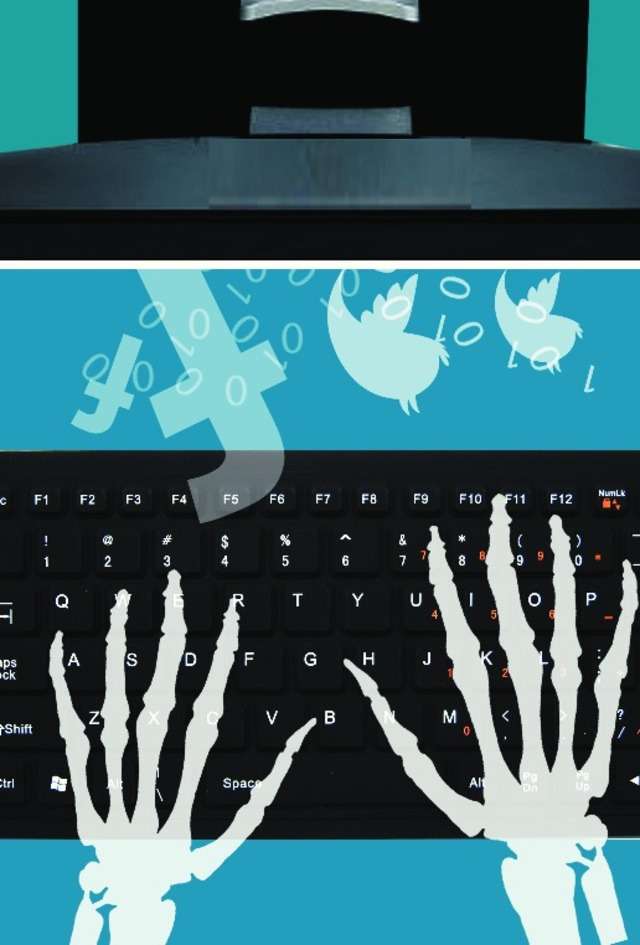Facebook data scandal refuses to die down, researchers at Russia-based Kaspersky Labs have revealed that unencrypted user data transmitted over insecure "Hyper Text Transfer Protocol (HTTP)" is at heightened risk of hacking.
The key reason that can cause this to happen is that some applications use "third-party" ready-to-go advertising "Software Development Kits (SDK)," Kaspersky said in a statement.
"Due to the absence of encryption, data can be intercepted by anyone via unprotected Wi-Fi, by the Internet Service Provider (ISP) or through malwares on a home router," informed the Moscow-headquartered labs.
The unencrypted data sent may include personal information like the name, age, gender, income and location of the user and is unprotected while travelling over "HTTP" to the servers.
The researchers claimed that the intercepted data can also be modified. Along with the personal information, device information, including the manufacturer, model, screen resolution, system version and app name are also at risk.
"In this Internet-dominated era with billions of downloads and installations happening worldwide, a security flaw may expose private data unsheltered for attacks, leaving many users defenseless," the team said.
Thoroughly checking the "app permissions," denying location access to questionable apps and using a "Virtual Private Network (VPN)" could prevent the leakage of unencrypted data, Kaspersky Labs added.

